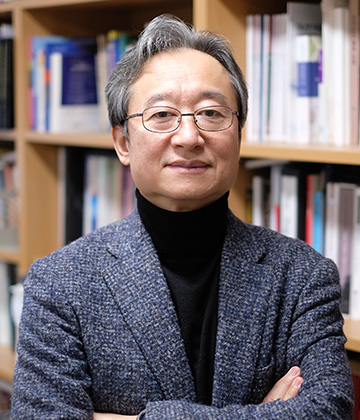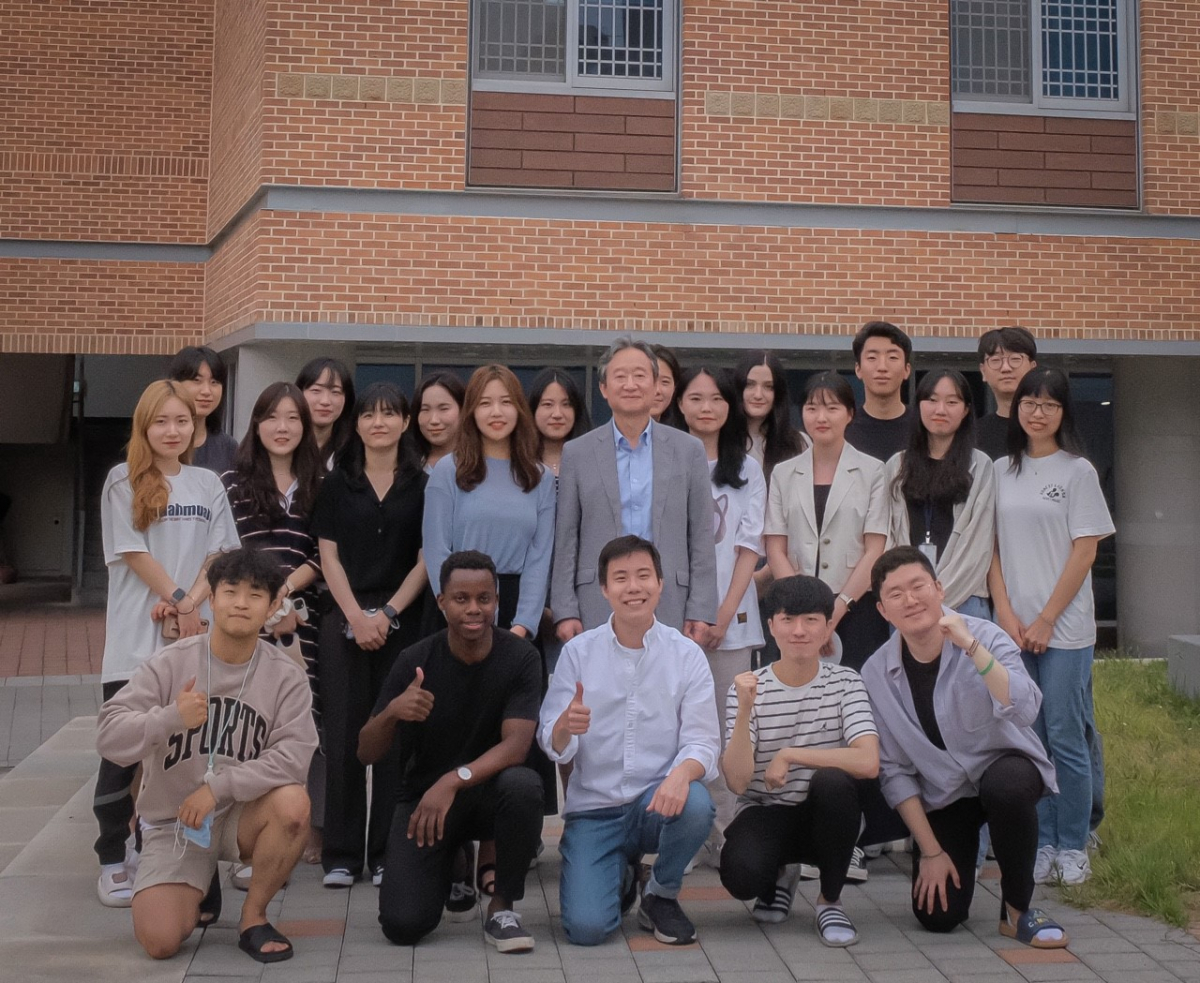
Overview
Laboratory Introduction
Laboratory for Immune Tolerance & Transplantation immunology
Laboratory for Immune Tolerance & Transplantation immunology
Related Researcher

Chunggyu Park Professor
- Email : chgpark@snu.ac.kr
Research topics
Research goals
Research achievements
Lim, Y., Kang, S. J., Cho, B. K., Kim, H. J., Mun, J. H., Roh, M. R., Gulati, N., Yang, H. J., Moon, J. H., Won, C. H., & Park, C. G.(2022).Intra-tumoral heterogeneity and immune escape of melanoma arising from congenital melanocytic nevus revealed by spatial gene expression profiling. Journal of the European Academy of Dermatology and Venereology,36(12), e1044-e1047.
Nguyen-Phuong, T., Chung, H., Jang, J., Kim, J. S., & Park, C. G.(2022).Acetyl-CoA carboxylase-1/2 blockade locks dendritic cells in the semimature state associated with FA deprivation by favoring FAO. Journal of Leukocyte Biology,111(3), 539-551.
Kim, J. M., Hong, S. H., Shin, J. S., Min, B. H., Kim, H. J., Chung, H., Kim, J., Bang, Y. J., Seo, S., Hwang, E. S., Kang, H. J., Ha, J., & Park, C. G.(2021).Long-term control of diabetes in a nonhuman primate by two separate transplantations of porcine adult islets under immunosuppression. American Journal of Transplantation,21(11), 3561-3572.
Kim, J. M., Hong, S. H., Chung, H., Shin, J. S., Min, B. H., Kim, H. J., Kim, J., Hwang, E. S., Kang, H. J., Ha, J., & Park, C. G.(2021).Long-term porcine islet graft survival in diabetic non-human primates treated with clinically available immune suppressants. Xenotransplantation,28(2), [e12659].
Chung, H., Nam, H., Nguyen-Phuong, T., Jang, J., Hong, S. J., Choi, S. W., Park, S. B., & Park, C. G.(2021).The blockade of cytoplasmic HMGB1 modulates the autophagy/apoptosis checkpoint in stressed islet beta cells. Biochemical and Biophysical Research Communications,534, 1053-1058
Chang, S. H., Kim, H. J., & Park, C. G.(2020).Allogeneic ADSCs Induce the Production of Alloreactive Memory-CD8 T Cells through HLA-ABC Antigens.Cells,9(5).
Lee, S. J., Kim, H. J., Byun, N. R., & Park, C. G.(2020).Donor-Specific Regulatory T Cell-Mediated Immune Tolerance in an Intrahepatic Murine Allogeneic Islet Transplantation Model with Short-Term Anti-CD154 mAb Single Treatment. Cell transplantation, 29.



